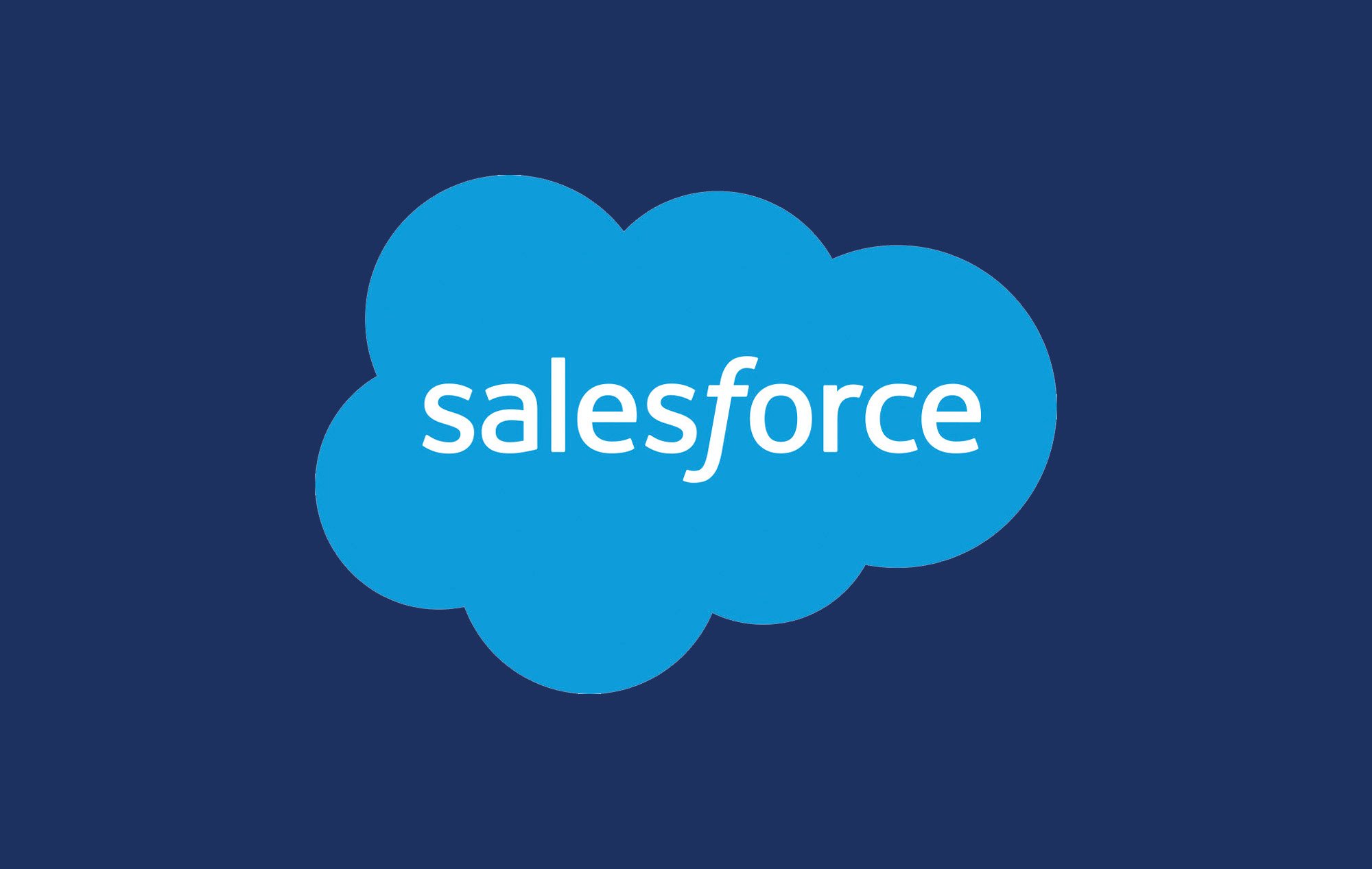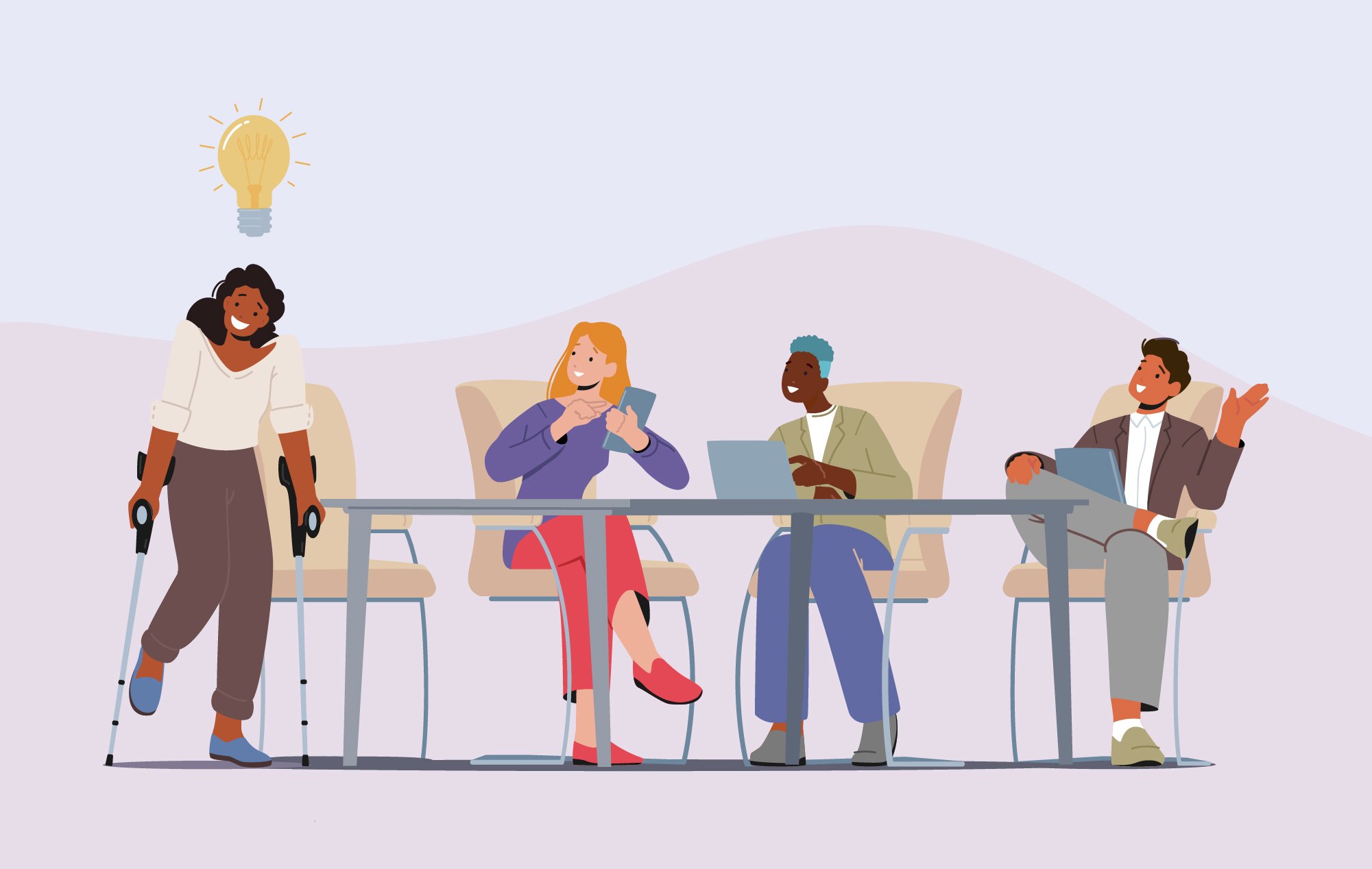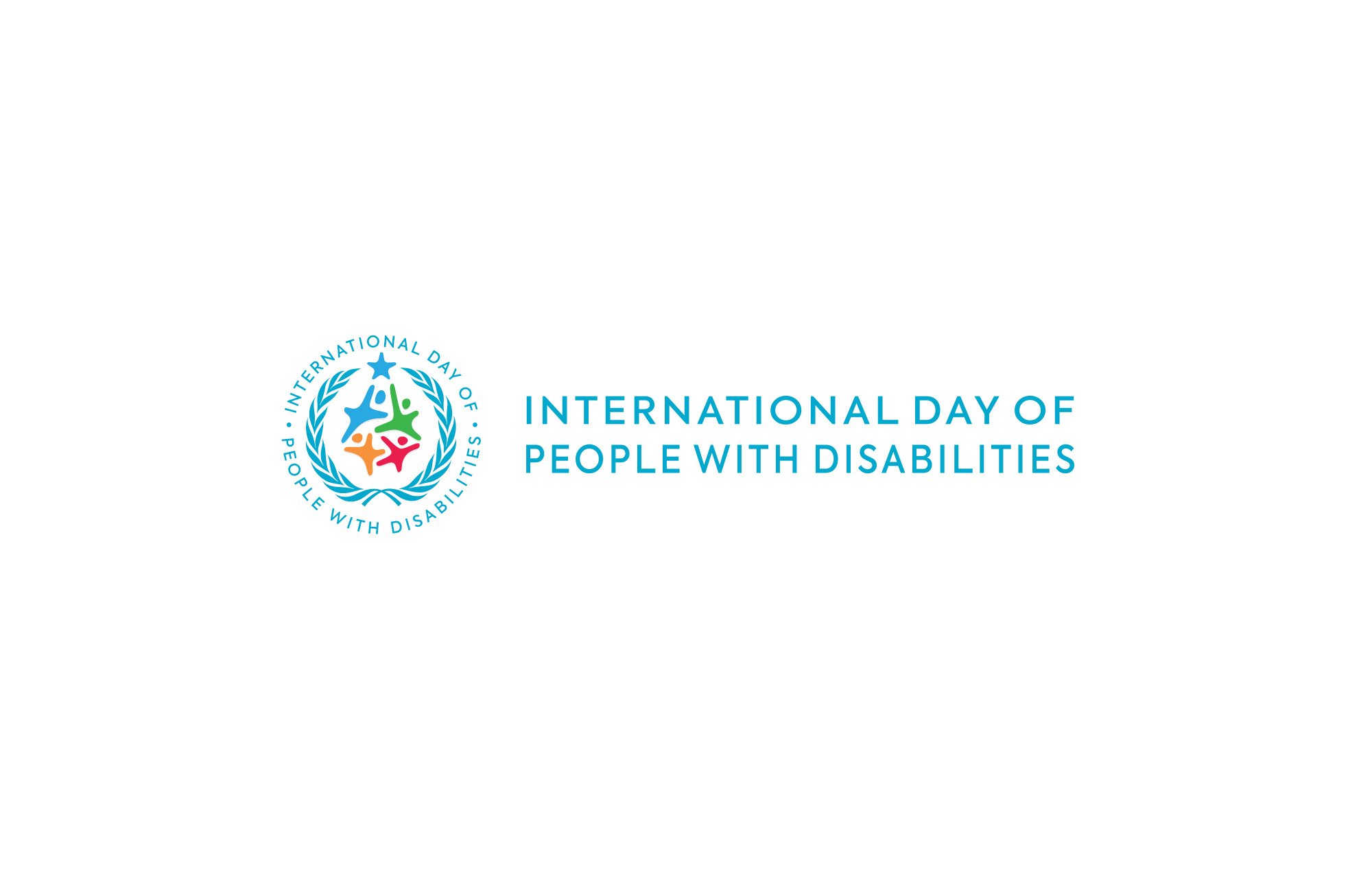For the fourth consecutive year, Salesforce has been named among the “Best Places to Work for Disability Inclusion.”
Bestowed by the global inclusion and equality organization Disability:IN and the American Association of People with Disabilities (AAPD), this extraordinary distinction recognizes companies receiving a score of 80 or higher on their comprehensive benchmarking tool, the Disability Equality Index (DEI).
Organizations are evaluated on a scale from zero to 100, noting concrete actions they’re taking to improve inclusion and accessibility in the workplace. The DEI also informs companies of measurable things they can do to make further progress toward more equitable and inclusive futures.
“There is no single best way to practice disability inclusion, however, the companies taking the DEI share the desire to create a workplace that fosters the concept of bringing your whole self to the office,“ explains Maria Town, President and CEO of AAPD. “We look forward to working with all of the participants to help identify meaningful ways to build upon their current practices as we continue on the disability inclusion journey together.“
Salesforce’s Disability & Inclusion Efforts
While the same blueprint doesn’t work for every company, Salesforce finds itself on the “Best Place to Work for Disability Inclusion” list for its accessibility, inclusion, and belonging commitments that align with UN Sustainability Goals, and continued efforts as a founding partner of InclusionHub.
An online resource and database, InclusionHub helps organizations become more accessible and inclusive—especially with regards to digital experiences.
Salesforce’s Office of Accessibility is a centralized support within the cloud-based customer relationship management (CRM) software company’s campaign to ensure everybody has a place to contribute in the workplace.
Whether through inclusive hiring practices, nurturing a culture of belonging, supporting families with disabilities, launching its own accessibility website, or partnering with organizations overcoming the so-called “employment gap,” Salesforce is dedicated to improving not just its own team cultures, but encouraging other businesses within its orbit to do the same.
It’s about creating a ripple effect of social change for professionals with disabilities.
“Disability inclusion is a rapidly expanding aspect of corporate culture, and it’s gratifying to partner with 415 companies on the 2022 Disability Equality Index,” says Jill Houghton, President and CEO of Disability:IN. “These top-scoring companies not only excel in disability inclusion, many are also adopting emerging trends and pioneering measures that can move the disability agenda from accommodation to inclusion and ultimately, genuine belonging.“
Always More Work to Do
Professionals with disabilities have witnessed significant progress since the disability rights movement of the 1960s, but there’s a great deal of work left to do. Fortunately, large companies such as Salesforce are more devoted than ever to the vision of a work culture where everyone feels welcome, engaged, included, and can bring their whole selves to their jobs, without fear of discrimination, inaccessible processes, or other hindrances.
We’re stronger when all people, regardless of disability status, are able to contribute to a thriving and inclusive work culture.
In addition to being a founding partner of InclusionHub, Salesforce maintains an accessibility website focused on fostering inclusive and accessible workplaces. Visit its a11y website to learn more.






Leave a Comment